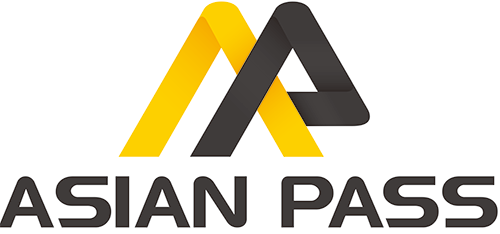When can specialized finance companies buy and sell certificates of deposit? How are credit institutions allowed to purchase certificates of deposit? Are credit institutions allowed to directly issue promissory notes, treasury bills, and certificates of deposit to buyers? Let’s explore these issues in today’s article with Pham Consult!

When can specialized finance companies buy and sell certificates of deposit?
According to Clause 1, Article 3 of Circular 12/2021/TT-NHNN, as amended by Clauses 2 and 3, Article 1 of Circular 59/2024/TT-NHNN, the regulations are as follows:
Principles of purchasing and selling valuable papers:
-
Credit institutions and branches of foreign banks are allowed to purchase and sell valuable papers when permitted by law and as specified in their Establishment and Operation License issued by the State Bank of Vietnam (referred to as the License), as follows: a) Credit institutions (excluding those specified in point b of this clause) and branches of foreign banks are allowed to purchase and sell certificates of deposit if their License includes the right to buy and sell other valuable papers; they are allowed to buy and sell bonds issued by other domestic credit institutions if the License allows for the trading of corporate bonds. b) Specialized finance companies are allowed to buy and sell certificates of deposit if their License includes permission to trade certificates of deposit issued domestically by credit institutions or branches of foreign banks.
-
Both the buyer and the seller are legally responsible for ensuring their transactions comply with this Circular and relevant legal regulations.
-
Transactions involving the purchase and sale of valuable papers must be conducted in Vietnamese dong.
-
Valuable papers being traded must be legally owned by the seller, not yet matured (both principal and interest), and not subject to any dispute. They must also be legally tradable and not currently discounted or rediscounted.
-
Credit institutions and branches of foreign banks (excluding specialized finance companies) may purchase and sell bonds issued by other domestic credit institutions in accordance with the Law on Credit Institutions, the Law on Securities, relevant Government Decrees, other guiding documents, and this Circular.
In conclusion, specialized finance companies may buy and sell certificates of deposit if their License explicitly allows for trading certificates of deposit issued domestically by credit institutions or foreign bank branches.
How are credit institutions allowed to purchase certificates of deposit?
According to Clause 6, Article 3 of Circular 12/2021/TT-NHNN:
-
Credit institutions and branches of foreign banks are only allowed to purchase certificates of deposit with a remaining term of less than 12 months. The remaining term is calculated from the date of payment for the valuable papers (as specified in Clause 3, Article 4 of this Circular) to the maturity date when both principal and interest are due.
-
Branches of foreign banks are not allowed to purchase convertible bonds.
Therefore, credit institutions and branches of foreign banks are only permitted to buy certificates of deposit with less than 12 months remaining until maturity.
Are credit institutions allowed to directly issue promissory notes, treasury bills, and certificates of deposit to buyers?
According to Clause 2, Article 11 of Circular 01/2021/TT-NHNN:
Principles for issuing promissory notes, treasury bills, and certificates of deposit:
-
Credit institutions and foreign bank branches may proactively organize issuances of these instruments in accordance with this Circular, provided they comply with safety ratio requirements under Clause 1, Article 130 of the Law on Credit Institutions (as amended) and State Bank of Vietnam guidelines.
-
Credit institutions and foreign bank branches are allowed to directly issue promissory notes, treasury bills, and certificates of deposit to buyers at lawful transaction locations within their operational networks.
-
These instruments, whether issued as physical certificates or ownership confirmations, must include: a) Name of the issuing organization; b) Name of the instrument (promissory note, treasury bill, or certificate of deposit); c) Issue code and serial number; d) Signature of the legal representative of the credit institution or foreign bank branch and other required signatures; e) Denomination, term, issue date, and maturity date; …
Hence, credit institutions and foreign bank branches may directly issue promissory notes, treasury bills, and certificates of deposit to buyers at legally authorized locations within their operational networks.




 VI
VI